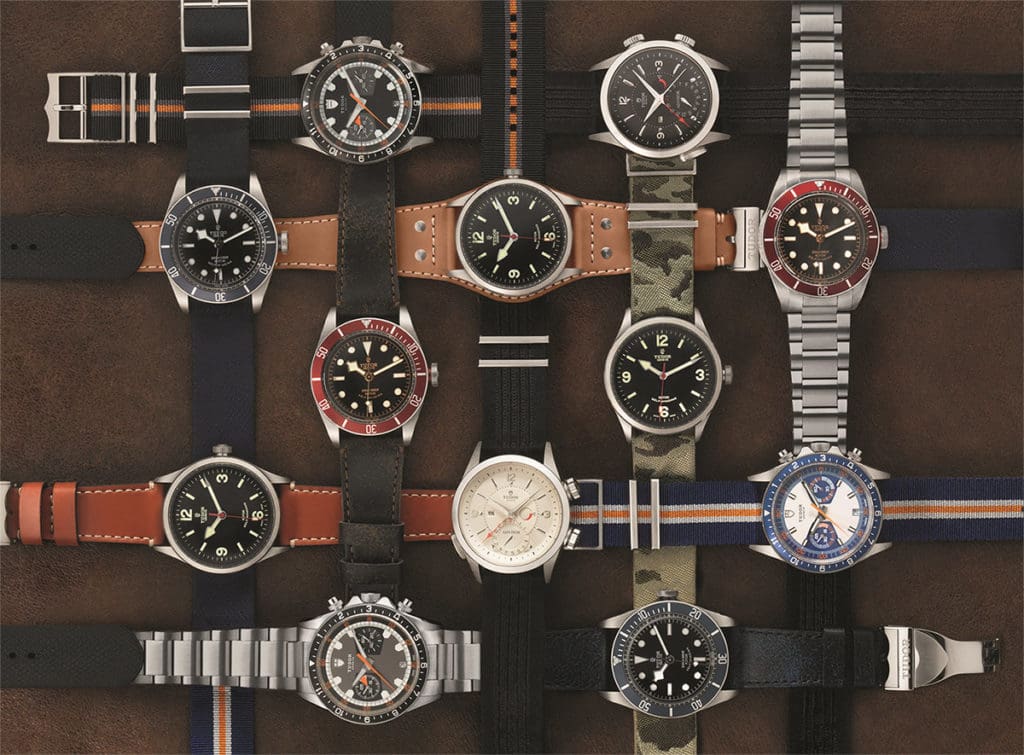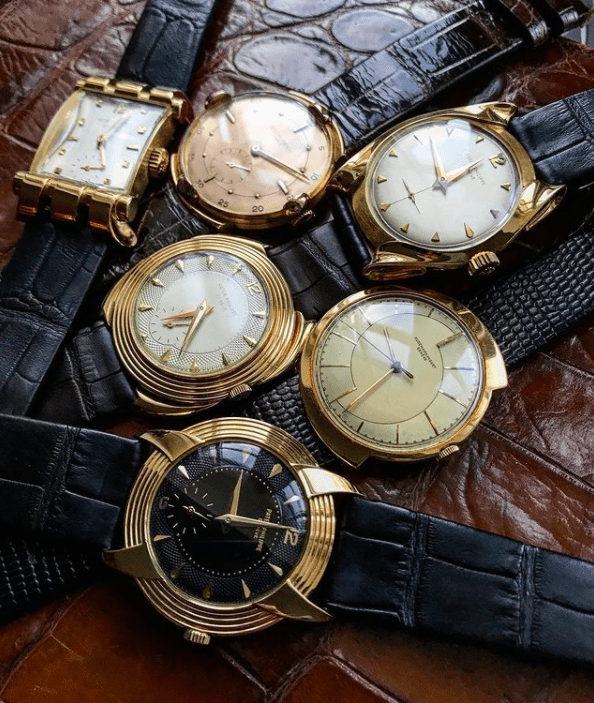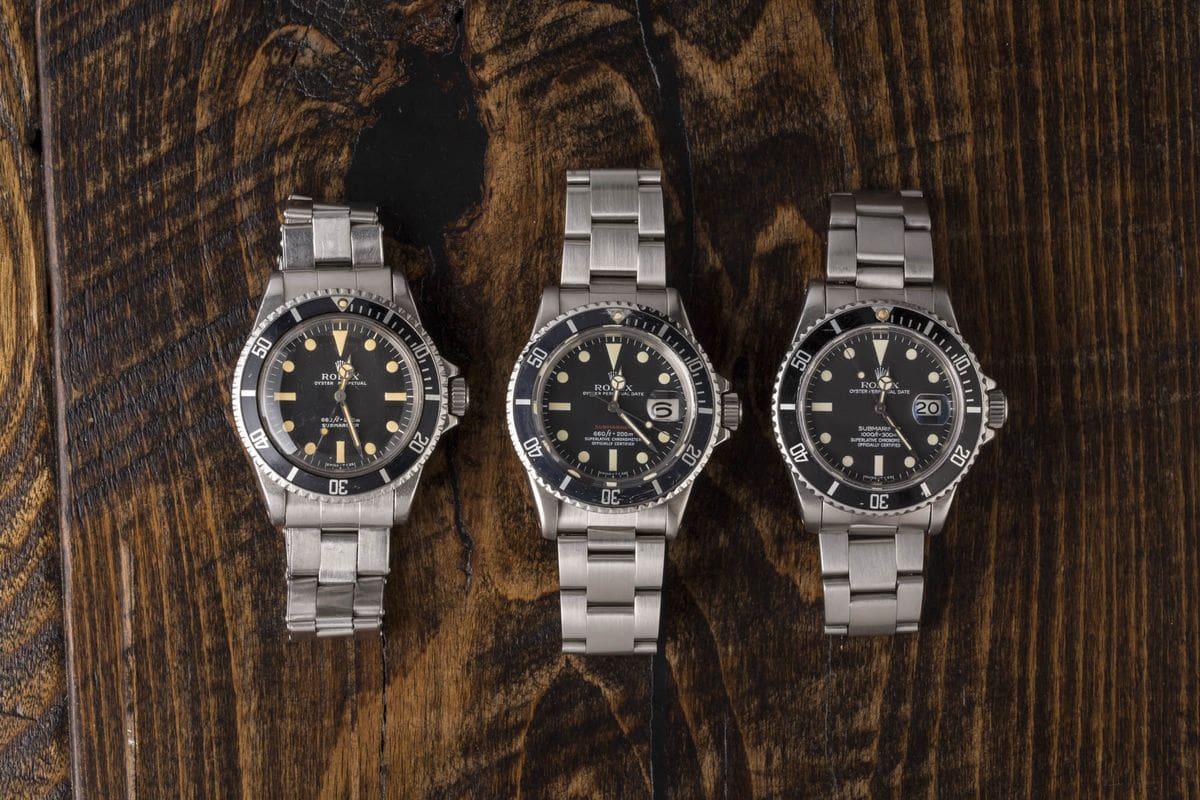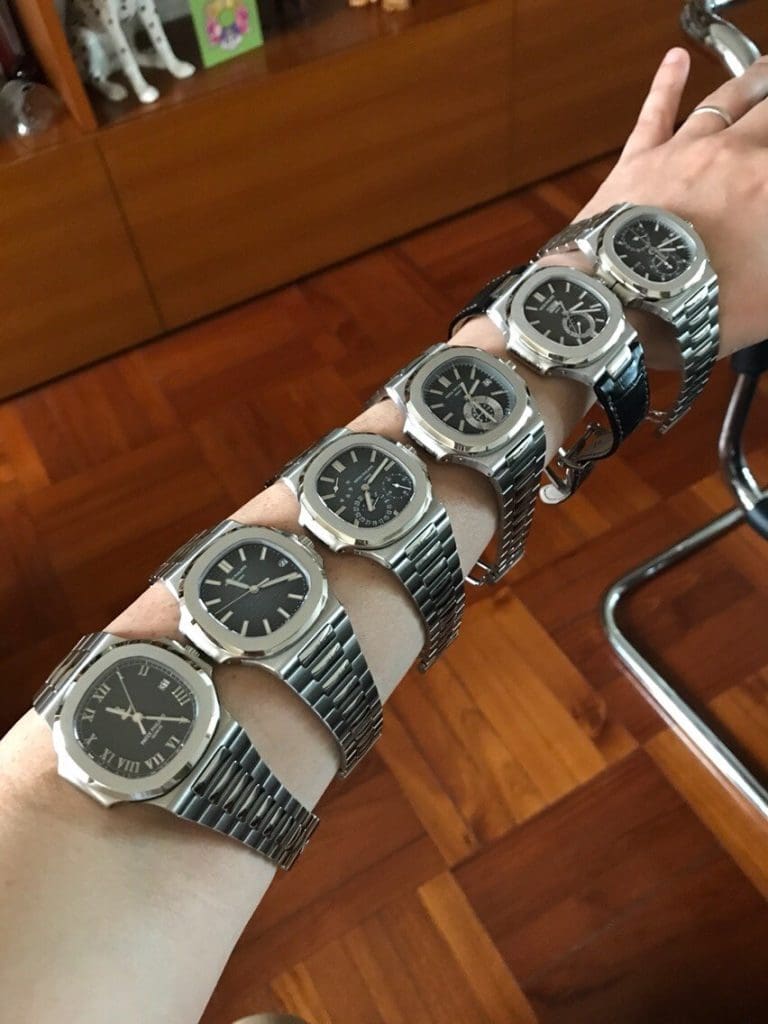OPINION: Why it’s OK to keep buying the same sort of watch over and over again
Luke BenedictusSo a little while ago, I was talking to my hypnotist (long story) when he revealed that he had an intriguing side hustle. Away from his day job, when he wasn’t helping people to quit smoking or overcome their fear of flying, he’d created the biggest polyamory dating app in the world. Think of it, he explained, like Tinder for people who aren’t down with enforced monogamy. My hypnotist proceeded to tell me all the advantages of polygamous life (yep, you guessed it: you get to have sex with lots and lots of people). But he conceded that free-loving life also requires constant negotiation with your partner to navigate the teeming minefield of issues and jealousies that inevitably crop up.
Now there would’ve been a time in my life where this all would’ve sounded wildly exciting in a have-your-cake-and-eat-it-too sort of way. Today, however, juggling work and a young family, I’m frazzled at the best of times. The mere thought of taking on the extra logistical and emotional complexity of multiple partners… well, it just makes me feel very tired.

Logically, all this makes perfect sense and seems like a noble goal for any self-respecting watch nerd. But what if you’ve got to a stage in your life where, let’s face it, you know what you like. Whether by accident or design, you’ve found a personal uniform that you’re comfortable with. To return to the sexual analogy, you’re no longer so bothered about playing the field but content/resigned (delete as applicable) to settle down.
That’s where I find myself right now in various life departments. For years, I’ve bought the exact same pairs of shoes over and over again – Common Projects sneakers (white and minimalist to the point of catatonic boredom), Clarks desert boots (if they’re good enough for Steve McQueen..) and Grenson shoes (I like the shape). It’s where I’m at with watches, too – time-only pieces, mainly vintage, occasionally a field watch at a push.
I can’t deny this isn’t all a little dull. But while I appreciate all sorts of watches on other people, when it comes to my own wrist, I’m found a rut where I’m happy to stay firmly lodged.
I suspect that it’s almost inevitable, too. A while ago we ran an interview with Roni Madhvani, whose fantastic collection mostly revolves around vintage Pateks, Audemars Piguet, Cartier and the odd Vacheron. He explained why he’d narrowed his focus to a small handful of brands and styles.
“Unless you have a focus there can be no end to spending and gathering for a collector of anything,” he explained. “I also believe it is in the cycle of collecting that eventually one homes in on a particular area having meandered all over the place.” In other words, you sow your wild oats and then eventually settle down.

This mentality is backed by the psychologist, Barry Schwartz who wrote a book called, The Paradox of Choice: Why More Is Less. Most of us, the professor writes, believe that having access to a greater range of choice is a positive that makes us happier and ultimately more content. But Schwartz firmly disagrees. “Learning to choose is hard. Learning to choose well is harder,” he insists. “And learning to choose well in a world of unlimited possibilities is harder still, perhaps too hard.”
Too much choice, Schwartz argues, is overwhelming and counterproductive. He cites a study where researchers set up two displays of jams at a gourmet food store – one stand had six different jams, the other had 24. Customers were encouraged to sample the jams and incentivised to buy with discount coupons. But while 30% of people exposed to the smaller selection bought a jam, only 3% of those exposed to the larger selection made a purchase. Bamboozled by the sheer number of jams, the second group became paralysed with indecision and (presumably) stuck to the monotony of Vegemite on toast.
Schwartz believes that rather than improving our sense of well-being, an abundance of choice will crank up your anxiety levels and chew up your time. He talks about the soul-destroying ordeal of buying a new pair of jeans and trying to navigate the labyrinth of fits and washes. Sifting through such boundless options is a soul-crushing challenge. But Schwartz reckons an even bigger problem is that your sub-conscious expectations also soar. Having a surfeit of options means failure to find the perfect pair of jeans is more likely to spark buyer’s remorse. Or in the case of watches, turn you into a pathological watch flipper, forever chasing that elusive “one”.
In summary, if you want to have an exotic harem of watches for every conceivable occasion then all power to you. But such promiscuity is just one path to follow – if you only really like diving watches, that’s OK, too. Maybe you’re a chronograph obsessive or a devotee of integrated bracelets? Enjoy your horological nook. Having a focus allows you to cut through the clutter – plus you’ll no doubt still find a galaxy of options for your particular niche. Variety may be the spice of life but, after a while, you probably know exactly how you like your seasoning.






